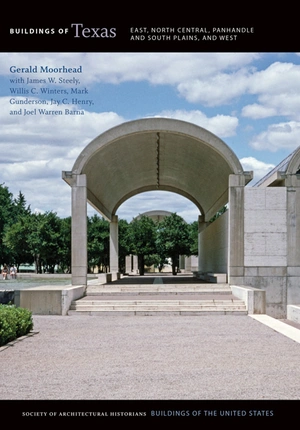
The first Spanish mission in East Texas was established on this site in 1690 by Franciscan friars to convert the Tejas Indians and to counter a perceived threat of French invasion. With the isolated location and the Indians’ rejection of the new faith, however, the mission was vacated by 1693. The 363-acre park was built by The Civilian Conservation Corps (CCC), Company 888, including a reconstruction of the log-built mission.
The park includes the Joseph R. Rice Log Cabin (also known as the Stage Coach Inn), which was continuously occupied by the Rice family from its construction in c. 1828 until 1923 and used as a farm outbuilding until 1963. Built on El Camino Real east of Crockett by Joseph and Willie Rice, it was dismantled and moved sixteen miles in 1974 to this park site and restored by the Texas Parks and Wildlife. The log cabin is one of the earliest surviving Anglo-American dwellings in the region and was also used as a stagecoach stop on this important cross-country route. A continuous end-gabled roof covers the three-pen structure, and shed-roofed porches run the length of both long sides. Two staircases within and between the pens lead to a loft. The several parts of the house were complete by 1838.
Civilian Conservation Corps Weches Camp P-58-T was established in mid-1933 to work on restoration of the Davy Crockett National Forest and the San Francisco Mission State Forest. Company 888 planted trees, built roads, and constructed basic park facilities and fire observation towers.

